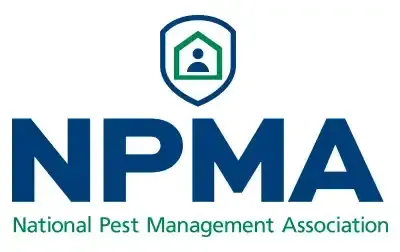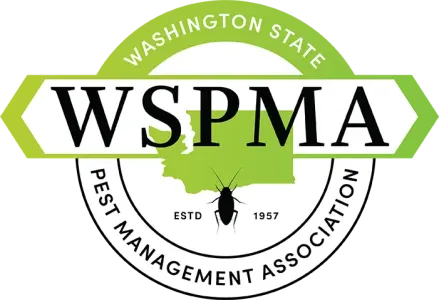Rodents are notorious carriers of diseases that can cause serious harm to humans. These pesky creatures are known to contaminate everything in their path, leading to severe health risks.
Rodents may seem small and harmless, but they can cause severe damage to your property, your health, and even present fire hazards! From structural damage to allergic reactions, this article will explore the dangers of rodents in your home.
Do the buzzing and stinging of wasps have you running for cover? If you live in Texas, you may have encountered your fair share of these pesky insects. From paper wasps to yellow jackets and even hornets, plenty of varieties can make their home in the Lone Star State.
McKinney, Texas, is home to several different species of spiders. Some of the most common spiders in McKinney include wolf spiders, black widow spiders, brown recluse spiders, garden spiders, and house spiders.
For those living in McKinney, Texas, mentioning earwigs can cause panic. These small, dark-colored insects have a special knack for infesting homes and gardens, causing mayhem and destruction wherever they appear.
Yes, bees do swarm in Texas, just like they do in other parts of the world.
Texas is home to a wide variety of stinging insects, including bees, wasps, hornets, and yellow jackets. While these insects are an important part of our ecosystem, they can also pose a danger to humans if they feel threatened or if their nests are disturbed.
McKinney, TX is a great place to live and work. Unfortunately, it also has a problem with rodents. These pests can cause serious damage to your property and spread disease. Rodent control is an important part of keeping your home and business protected from unwanted pests.
If you’ve noticed swarms of tiny, black insects around your home in McKinney, TX, it could be a sign that termites have infested your property. Termites cause billions of dollars of damage every year to homes and businesses across the United States, so it is important to act quickly if you suspect you have an infestation.
Bed bugs are small, parasitic insects that feed on the blood of humans and animals. Bed bugs are reddish-brown in color, wingless, and range in size from 1 to 5 millimeters. They are often mistaken for ticks, cockroaches, or spiders.








